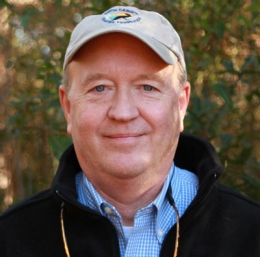Southeast poised to gain from Paris talks on climate change
As world leaders meet in Paris to reach far-reaching agreements on how to halt greenhouse gas emissions and the resulting climate change, the impact of the global negotiations here in the Southeast is hard to ignore.
Consider that, when viewed as a six-state region, the Southeast is the seventh largest emitter of greenhouse gases in the world, meaning we pump more carbon dioxide in to the atmosphere than many major developed nations. At the same time, sea level rise threatens many of our coastal towns and pristine shorelines, yet regional utilities continue thwarting moves to zero-carbon, renewable energy sources.
People throughout the Southeast have responded to the challenges poised by climate change by innovating and creating major growth in green businesses. Local solar installers and green building experts, among others, are on the front lines of turning this major problem for our region in to a solution for our communities and economy.
Coastal Advocate with North Carolina Coastal Federation
Mike Giles
The Southeast has made great strides in recent years by retiring old coal-burning power plants (which not only spew carbon pollution, but threaten our waterways and drinking water) and by increasing investments in solar power and other clean energy sources. Yet, there is still more to be done. Unfortunately, some elected officials in four of the six states in the region have seen fit to file legal challenges to the Clean Power Plan, despite the boost that plan promises to provide to local jobs while it reins in CO2 pollution from the powers sector, the single biggest contributor to our nation’s greenhouse gas emissions.
As negotiators work to make a change on a global scale, the meetings in Paris provides a great opportunity to remind our local leaders and citizens in our communities of the importance of also taking action at home.
For more on why global leaders are making these greenhouse gas commitments a priority, read the Huffington Post summary of the latest science on climate change.
The New York Times also published a concise climate change overview titled “Short Answers to Hard Questions About Climate Change”.
